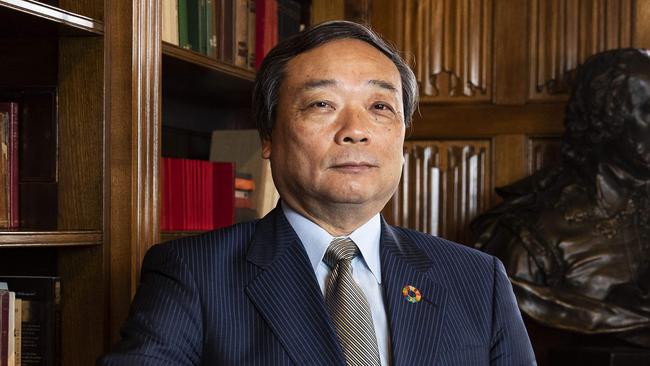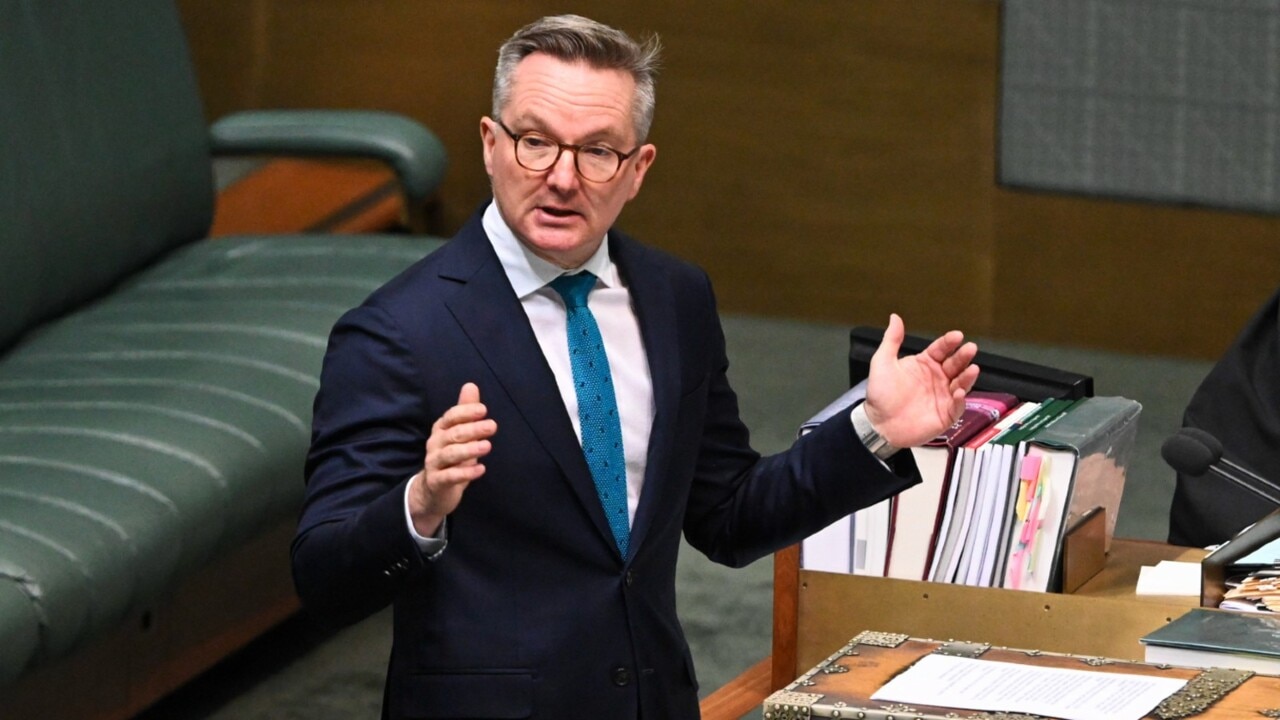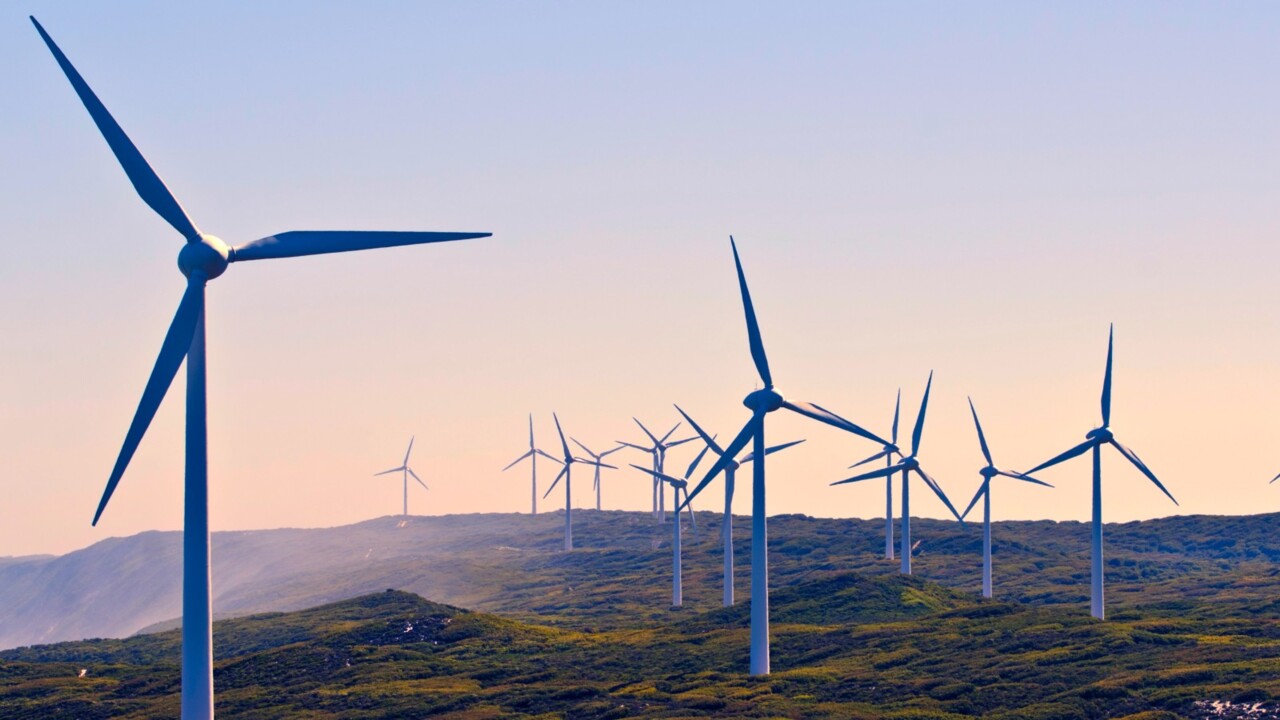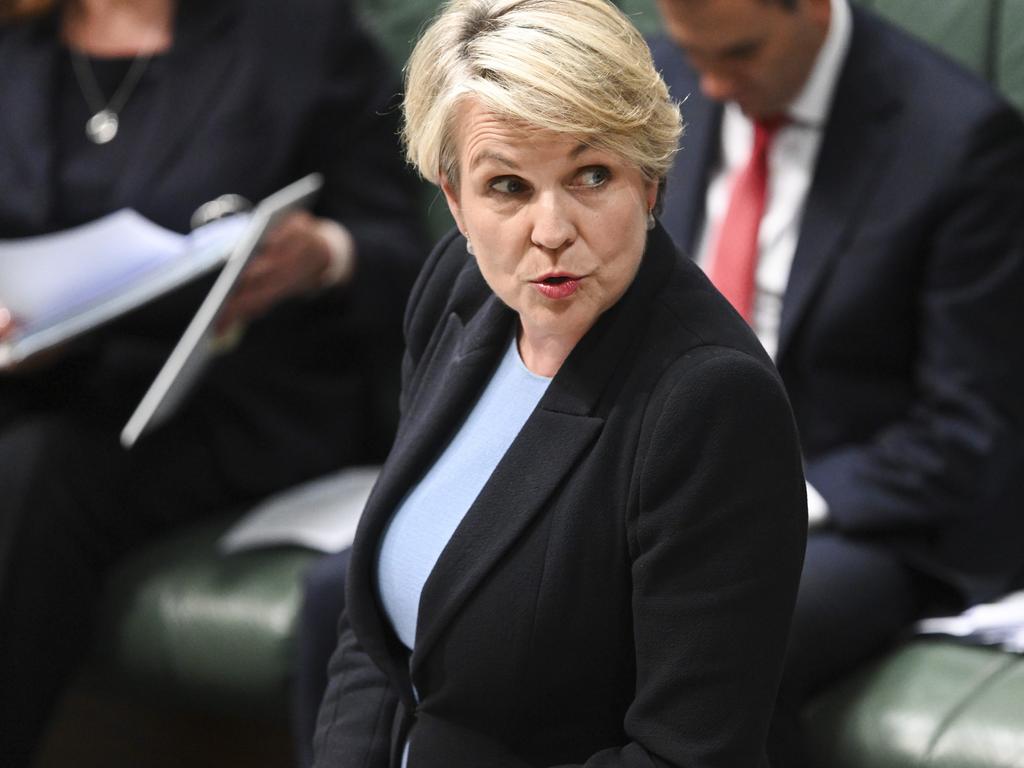Sovereign risk alarm for oil and gas sector
Japanese LNG giant INPEX says Labor has harmed Australia’s reputation as an investment destination amid warnings projects aimed at bringing on new supply are at risk.

Oil and gas operators say developments to bring on new supply are in danger of stalling with investment and jobs to “find another home” in the absence of faster approvals and greater regulatory certainty, as Japanese LNG giant INPEX warned Labor was gambling with Australia’s sovereign risk profile.
Days after the nation’s peak mining body warned Labor had imposed “anti-competitive” policy settings on the sector, the concerns of the oil and gas industry have been laid bare in a series of submissions to the government’s Future Gas Strategy consultation process.
Woodside Energy urged Labor to take a number of policy steps by extending its Capacity Investment Scheme – under which the government underwrites investment in renewables – to include gas power generation. It also pushed for the creation a new “gas and critical minerals council” through the national cabinet and suggested Anthony Albanese appoint an Energy Envoy to support engagement with regional trading partners such as Japan.
INPEX, the operator of the $60bn Ichthys project in northwest Australia – Japan’s largest foreign investment – used its submission to sound the alarm on “unprecedented government intervention” by the Albanese government.
Japan is almost entirely dependent on energy imports. LNG accounts for about 40 per cent of its power generation and almost all of its city gas, with Australia supplying nearly 43 per cent of Japan’s LNG market.
However, in its submission, INPEX warned that recent government interventions were raising the “estimation of political risk and will likely discourage the investments needed to reduce energy prices, and impact Australia’s reputation as a country with stable policy settings and low sovereign risk.”
Australia was “changing the goalposts after the game has started” which was leading to a “perceived deterioration in the investment climate”, with INPEX taking aim at the gas trigger, cap on east coast gas prices, mandatory code of conduct and reforms to the petroleum resource rent tax (PRRT).
“It is of utmost importance that the government takes measures to promote the activities needed to reduce energy prices. In particular, the government should actively work to attract the significant infrastructure investment required to expand the supply of natural gas and LNG, which is essential to both the Indo-Pacific region’s energy security/transition and to Australia’s economic development, rather than permanent government and regulatory intervention.”

Last year, INPEX chief executive Takayuki Ueda warned that Anthony Albanese’s sweeping energy market interventions would “choke investment, strangle expansion of LNG projects and allow Russia, China and Iran to fill the void” – arguing Australia was “quietly quitting” the LNG business.
Resources Minister Madeleine King said Australia was committed to being a “reliable and trusted partner for energy supply and investment into the future.”
“We understand that security of energy supply from Australia is integral to national security for countries like Japan. And large resources projects like the one INPEX operates in Darwin, are critical investments in Japan’s energy future,” she said. “Australian gas is integral to Japan’s pathway to net zero by 2050, and indeed will form part of the regional effort to reduce emissions.”
In its submission, Woodside Energy said Australia had an “opportunity to be a regional and global leader in the energy transition” but, unless the policy settings were right, there was a “real risk energy development will stall and Australia will miss out on the benefits.”
“To continue to invest and take risks, the industry needs fiscal and regulatory stability,” Woodside said. “New gas supply and infrastructure cannot just be turned on when a crisis happens. It requires a clear strategy, unambiguous support from government and an investment and regulatory framework that will attract the capital from international markets that is needed for large-scale projects.”
“The implementation of clear processes and response times for project approvals is essential in unlocking reliable supply. Otherwise, energy investment will find another home, taking jobs and opportunities with it.”
The operator of the North West Shelf venture also called on the government to “make a clear and unequivocal statement in support of the gas industry, the jobs it sustains, the revenue it creates, the economic growth and living standards it supports and the role of gas in the energy transition.”
Chevron – the operator of the Gorgon and Wheatstone LNG and domestic gas facilities in the northwest of Western Australia – urged Labor to “clarify and amend its major project assessments and approvals processes to improve efficiency, certainty and predictability for major projects.”

It urged the government to “increase the investment attractiveness of Australia for gas developments, low carbon energy projects and carbon abatement projects.”
It also warned against government policy inadvertently creating “energy shortfalls or system instability by being overly reliant on energy sources and technologies that are not yet able to reliably meet demand.”
Chevron said governments should “avoid market interventions or policies that discourage investment in Australia’s energy system as this will lead to further supply challenges and domestic price volatility.”
Ms King released the discussion paper on Labor’s future gas strategy last October to inform a final strategy to be released in 2024. The strategy will provide a medium-term (to 2035) and long-term (to 2050) plan for gas production, consumption and substitution in Australia, but found demand would start outpacing supply on the east coast from 2026 and on the west coast by 2029.
Ms King told The Australian the Future Gas Strategy was “being developed to give more certainty to investors, the industry and export customers, as well as Australian gas users.”
“Over 200 submissions were made to the FGS consultation paper. The submissions process enables everyone to offer their views and make suggestions for change.”
“We currently reviewing the environmental management regime for offshore oil gas projects to help ensure a practical approvals system that works for everybody.”






To join the conversation, please log in. Don't have an account? Register
Join the conversation, you are commenting as Logout